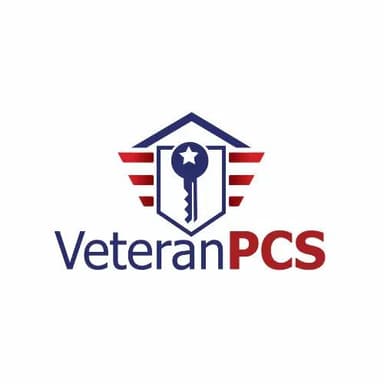When it comes to finding a home, veterans have unique needs and considerations that may be best understood by those who have shared similar experiences. This is where the importance of working with a veteran real estate agent becomes apparent. A veteran real estate agent brings a deep understanding of the challenges veterans face in the housing market and can provide invaluable support throughout the homebuying process.
In this article, we will explore the benefits that veterans can gain by collaborating with a veteran real estate agent. From navigating specialized programs and resources to accessing VA loan options and identifying military-friendly communities, a veteran real estate agent is well-equipped to meet the specific housing requirements of veterans.
Recognizing the Unique Needs of Veterans in Real Estate
When it comes to buying or selling a home, veterans often face unique challenges and requirements. From navigating the VA loan process to understanding the specific needs of military families, it's critical to work with a real estate agent who understands the ins and outs of veteran life.
Benefits of Partnering with an Agent Who Understands Military Life
Partnering with a veteran real estate agent at VeteranPCS can provide numerous benefits for veterans. Not only do these agents have firsthand experience with the military lifestyle, but they also understand the intricacies of VA loans, military relocation, and the particular needs of veterans in the housing market. Their knowledge and expertise can make all the difference in ensuring a smooth and successful real estate transaction.
Understanding the Unique Needs of Veterans in the Housing Market
Veterans often encounter specific factors that differ from those of the general population when it comes to the home-buying process. These can include factors such as relocation due to military assignments, eligibility for VA loans, and the need for proximity to military bases and healthcare facilities. A veteran real estate agent is well-versed in these unique needs and can tailor their approach to meet them.
Challenges Veterans May Face and How an Agent Can Help
Transitioning from military life to civilian life can present challenges in the housing market. Veterans may face time constraints, unfamiliarity with local real estate markets, or difficulty translating their military benefits into tangible home purchasing power. A veteran real estate agent can help veterans overcome these challenges by providing guidance, market expertise, and connections to resources specifically designed for veterans.
Access to Specialized Programs and Resources for Veterans
There are numerous programs and resources available exclusively to veterans that can aid in the home buying or selling process. These can include VA home loans, grants for home modifications, and special housing assistance programs. A veteran real estate agent will have comprehensive knowledge of these programs and can help veterans access them.
How a Veteran Real Estate Agent Can Connect Veterans to These Resources
A significant advantage of working with a veteran real estate agent is their ability to connect veterans with specialized programs and resources. Whether it's guiding them through the VA loan application process, helping them understand VA Loan Entitlement, providing information on local veteran-friendly lenders, or connecting them with home modification specialists, a veteran real estate agent has the connections and expertise to ensure veterans can take advantage of these valuable resources.
Navigating VA Loan and Financing Options
VA loans are a valuable financing option for veterans, offering benefits such as lower interest rates, flexible credit requirements, and the ability to finance up to 100% of the home's value. However, understanding the complex eligibility requirements and navigating the application process can be challenging. A veteran real estate agent can provide veterans with a clear understanding of the benefits and requirements of VA loans, connect them with a VA Loan expert, and make the path to homeownership more accessible.







